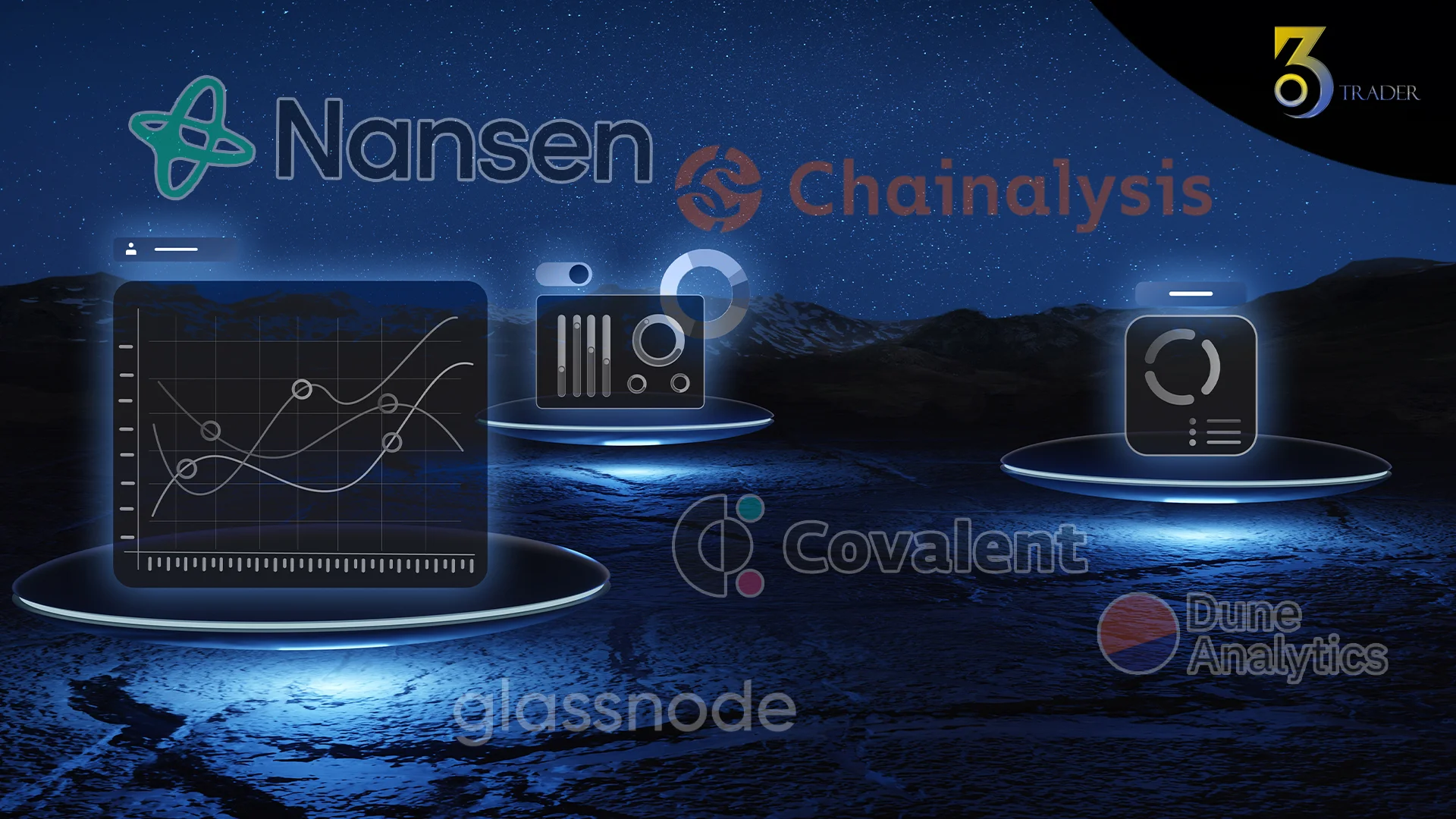Introduction: The Importance of Blockchain Analytics
As blockchain technology continues to evolve, the need for transparency, security, and in-depth data analysis has become more critical. Blockchain analytics platforms provide the tools necessary to track transactions, monitor networks, and identify trends across decentralized ecosystems. Whether you’re an investor, developer, or business leader, these platforms offer valuable insights that can help drive decision-making in a data-rich environment.
Here’s a look at the top five blockchain analytics platforms that are transforming how we interact with blockchain data.
1. Chainalysis
Overview:
Chainalysis is one of the most well-known blockchain analytics platforms, offering comprehensive tools to track cryptocurrency transactions and monitor blockchain activity in real time. Its primary focus is on security and compliance, making it a go-to solution for law enforcement, regulators, and financial institutions.
Key Features:
- Real-time transaction monitoring across multiple blockchains.
- Risk scoring for cryptocurrency wallets and transactions.
- Tools for investigating suspicious activities, fraud, and money laundering.
- In-depth reports and visualization tools to understand on-chain data.
Why It Stands Out:
Chainalysis is recognized for its robust compliance solutions, which are widely used by governments and companies to investigate financial crimes in the crypto space. Its user-friendly dashboard provides a clear view of blockchain activities, making it easy to monitor risky transactions.
2. Glassnode
Overview:
Glassnode is a blockchain data intelligence provider that focuses on delivering on-chain metrics and insights for investors and researchers. With its detailed analysis and visualizations, Glassnode is ideal for those looking to understand market behavior, trends, and blockchain health.
Key Features:
- Extensive on-chain metrics, including transaction volume, active addresses, and network fees.
- Visualized data on Bitcoin and Ethereum networks.
- Customizable dashboards for tracking key performance indicators (KPIs).
- Weekly reports and newsletters that summarize blockchain activity.
Why It Stands Out:
Glassnode’s strength lies in its ability to provide investors with detailed and actionable insights. The platform’s charts, indicators, and metrics are particularly useful for making informed decisions about cryptocurrency investments.
3. Nansen
Overview:
Nansen is a blockchain analytics platform known for its focus on wallet tracking and analytics. By integrating millions of wallets into its system, Nansen provides real-time insights into where and how assets are being moved within the Ethereum ecosystem and beyond.
Key Features:
- Wallet labeling to track the behavior of top traders and institutions.
- Real-time notifications of significant market movements.
- Analytics on decentralized finance (DeFi) protocols, liquidity pools, and NFTs.
- Insights into smart contract usage and popular dApps.
Why It Stands Out:
Nansen excels at tracking “smart money” movements, providing insights into the strategies of large investors and DeFi participants. Its real-time notifications ensure users stay ahead of the market, making it invaluable for traders and market analysts.
4. Dune Analytics
Overview:
Dune Analytics is a powerful tool for blockchain enthusiasts who want to create custom queries and visualizations. With its open-source nature, Dune allows users to tap into blockchain data from Ethereum and other networks, providing immense flexibility for analysis.
Key Features:
- Custom SQL queries for in-depth data analysis.
- Pre-built dashboards that visualize on-chain data.
- Access to public dashboards created by other users for insight into various blockchain trends.
- Data export options for further analysis.
Why It Stands Out:
Dune Analytics offers a level of customization that many platforms don’t. Its open-source approach means that anyone with SQL knowledge can create tailored queries to gain deeper insights into blockchain data. This flexibility makes it a favorite among developers and data scientists.
5. Covalent
Overview:
Covalent is a unified blockchain data provider that offers an API capable of pulling granular data from multiple blockchain networks. Its focus on providing deep and consistent access to blockchain data makes it a key tool for developers, researchers, and businesses.
Key Features:
- Multi-chain API that supports over a dozen blockchains, including Ethereum, Binance Smart Chain, and Polygon.
- Access to granular data such as individual transaction history, token balances, and wallet activities.
- Tools for developers to integrate blockchain data into decentralized applications (dApps).
- Real-time data feeds for DeFi protocols and NFT platforms.
Why It Stands Out:
Covalent’s comprehensive API makes it an essential platform for developers looking to integrate blockchain data into their products or applications. Its multi-chain support and granular data access provide valuable insights for those working across various blockchains.
Conclusion: Choosing the Right Blockchain Analytics Platform
Whether you’re an individual investor, a business leader, or a developer, blockchain analytics platforms are essential for navigating the complex and fast-evolving world of blockchain technology. Each of the platforms mentioned above offers unique features and advantages tailored to different needs. Chainalysis is ideal for security and compliance, Glassnode excels in market analysis, Nansen provides deep wallet insights, Dune Analytics offers unmatched customization, and Covalent provides robust data access for developers.
By leveraging these platforms, you can gain better control over blockchain data, make informed decisions, and stay ahead of the curve in this rapidly growing industry.




